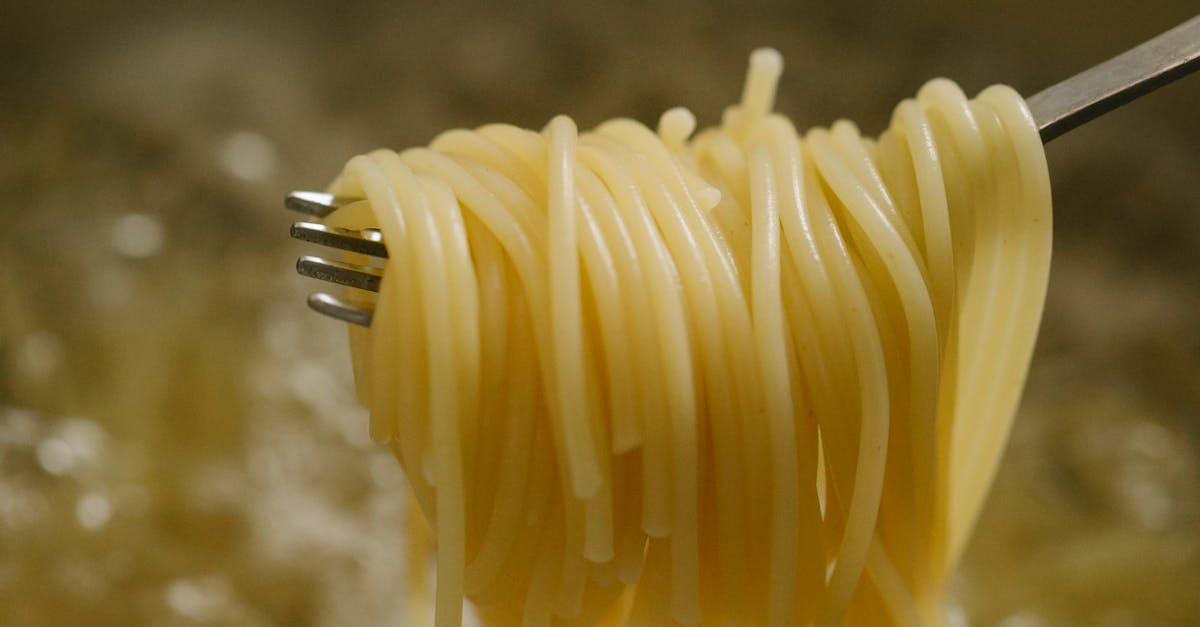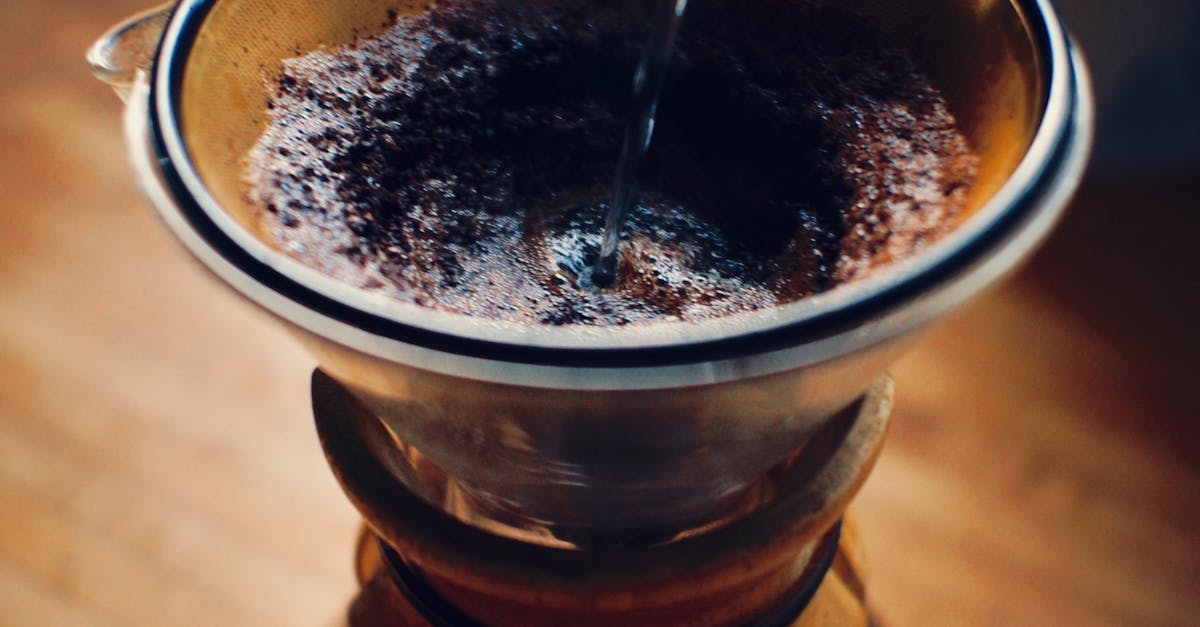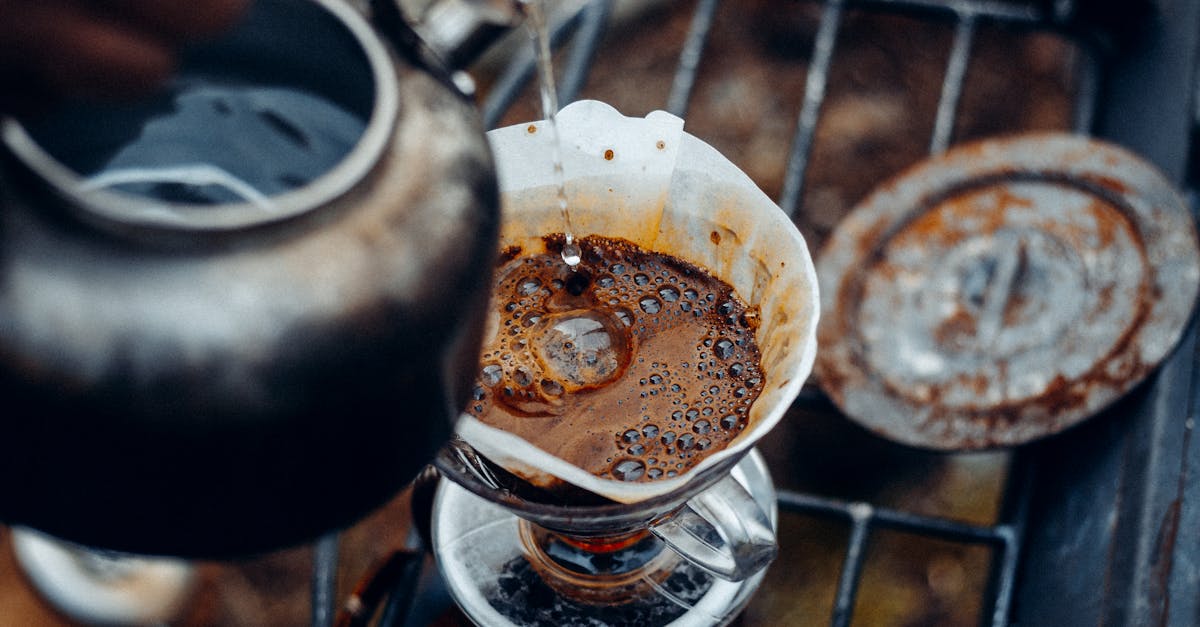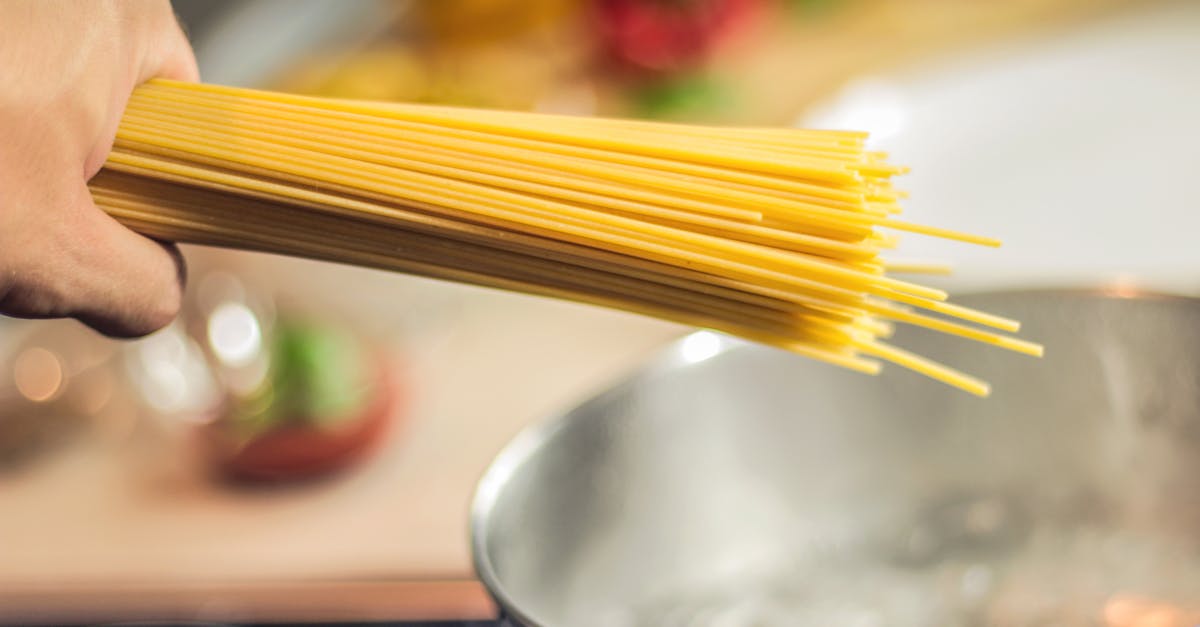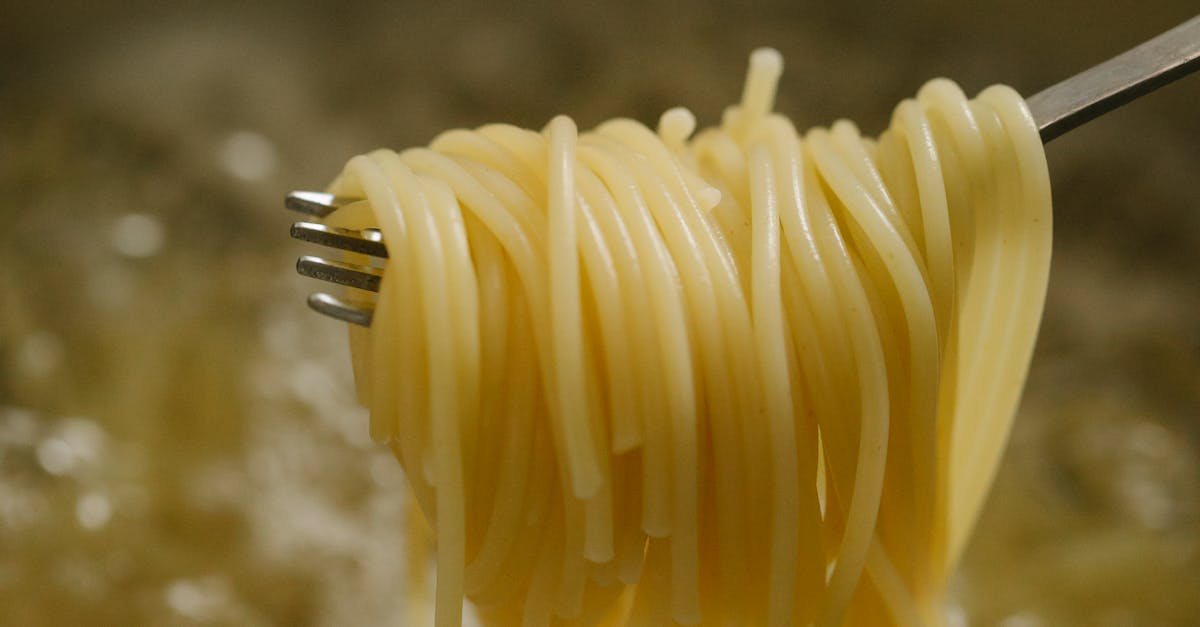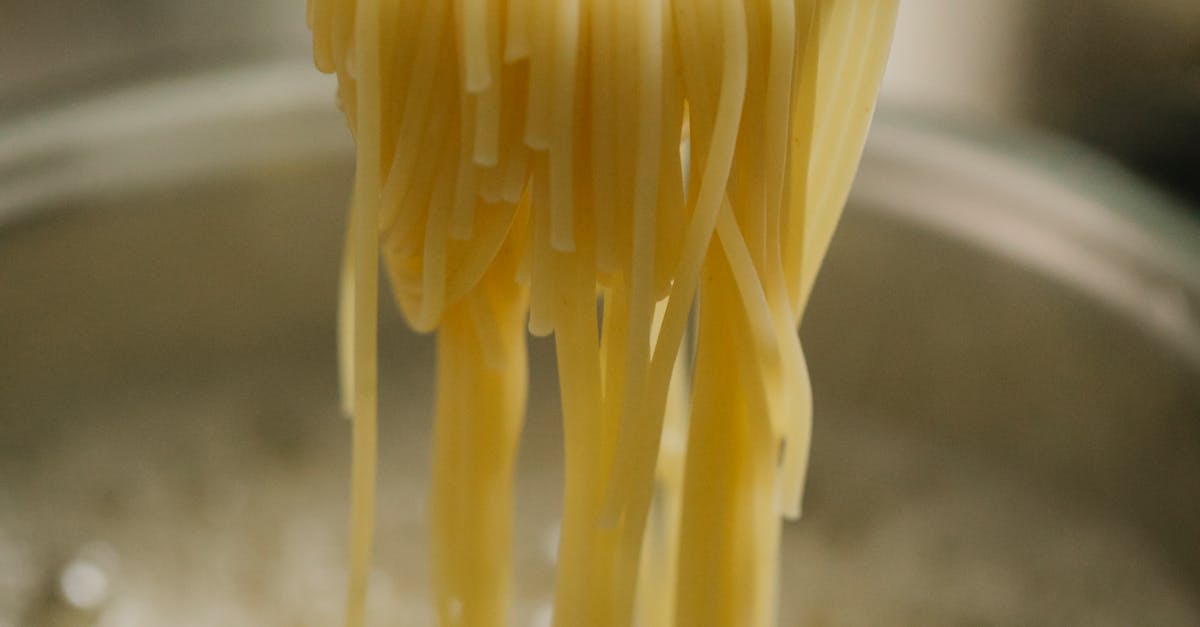
Table Of Contents
Insufficient Hot Water Supply
An insufficient supply of hot water can stem from various factors. One common reason is an undersized water heater that cannot meet the demands of your household. If multiple fixtures require hot water simultaneously, such as showers and dishwashers, the heater may struggle to keep up, leading to a sudden drop in temperature. In such cases, evaluating the size and capacity of your unit becomes essential for addressing the issue effectively.
If you suspect that your hot water supply is inadequate, consulting a hot water plumber can provide valuable insights. Professionals in this field can assess your current system and determine whether a larger unit or an upgrade is necessary. They may also identify other factors, such as sediment buildup or maintenance needs, that could affect the heater's performance. Engaging with an expert ensures a comprehensive approach to improving your hot water situation.
Determining the Size and Capacity of Your Heater
When it comes to the performance of your hot water system, the size and capacity of your heater play crucial roles. A heater that is too small for your household demand will struggle to provide sufficient hot water during peak usage times. This often leads to situations where hot water runs out quickly, leaving you with only cold water. Understanding the requirements of your home's plumbing system and the typical hot water usage can help ensure you select a heater with the right capacity.
Consulting with a hot water plumber can be beneficial in assessing your needs accurately. They can take into account factors such as the number of bathrooms in your home, the frequency of hot water usage for activities like laundry and dishwashing, and the overall demand profile of your family. A professional will also help you determine if your existing heater is suitable or if an upgrade is necessary to maintain a consistent supply of hot water throughout your home.
Electrical Supply Problems
Electrical issues can significantly impact the performance of electric water heaters. If there is a disruption in the power supply, the heating elements may not function properly, resulting in insufficient hot water. Sometimes, circuit breakers can trip or fuses can blow, causing power loss to the unit. A qualified hot water plumber can help diagnose and resolve any electrical malfunctions that impede your water heater’s performance.
Wiring problems may also contribute to inconsistent heating. Faulty connections or damaged wires can disrupt the flow of electricity, preventing the water heater from reaching the desired temperature. A hot water plumber can inspect the electrical components of your water heater to ensure everything is working correctly and safely. Regular maintenance and prompt attention to electrical issues can prolong the life of your water heater and ensure steady hot water supply.
How Power Supply Can Affect Heating
Power supply issues can significantly impact the performance of water heaters. In electric models, a tripped circuit breaker or blown fuse may prevent the heating elements from functioning. This could result in the system only providing cold water. Checking the electrical connections and ensuring that the heater is receiving adequate power is essential for troubleshooting.
In some cases, fluctuations in voltage can also affect heating efficiency. An inadequate voltage supply can lead to insufficient heating, causing cold water to flow instead. A hot water plumber can help diagnose voltage issues and recommend necessary repairs or upgrades to ensure the water heater operates at optimal levels. Regular maintenance can also help prevent these electrical problems from arising in the future.
Gas Supply Issues for Gas Water Heaters
Gas supply issues can frequently disrupt the performance of gas water heaters. A common problem involves the flow and pressure of gas reaching the appliance. If there’s an interruption in the gas supply, whether due to a malfunctioning regulator or blockages in the gas line, the heater may fail to ignite properly, leading to a lack of hot water.
It's crucial to engage a hot water plumber to diagnose these issues. They can thoroughly check the gas line for leaks and ensure that the pressure is within the manufacturer’s specifications. Regular maintenance and inspections by qualified professionals can help prevent future gas supply problems, ensuring your hot water heater operates efficiently when you need it most.
Ensuring Proper Gas Flow and Pressure
If you have a gas water heater, inadequate gas flow or pressure may prevent it from producing hot water. It's essential to ensure that the gas supply line is unobstructed. Even minor blockages or leaks can significantly impair the heater’s ability to function efficiently. A professional examination may reveal issues with the gas line, such as kinks or corrosion, which should be addressed immediately to restore full functionality.
Additionally, checking the gas pressure regulator is crucial. This component controls the amount of gas flowing to the water heater. If it is malfunctioning, it could limit gas delivery to the unit, resulting in insufficient heating. A hot water plumber can diagnose pressure-related issues quickly, ensuring that your system operates safely and effectively. Proper maintenance and timely repairs can prevent further complications and ensure you have consistent access to hot water.
FAQS
Why is my hot water not working but cold is?
This issue may arise due to several reasons, including an insufficient hot water supply, electrical problems, or gas supply issues in your water heater.
How can I determine if my water heater is the right size for my home?
To determine the appropriate size and capacity of your water heater, consider the number of people in your household and your daily hot water usage, which can be assessed by checking the manufacturer’s specifications.
What electrical supply problems could affect my hot water availability?
Electrical supply problems can include a tripped circuit breaker, blown fuses, or faulty wiring, all of which can prevent your water heater from functioning properly.
How does the power supply impact the performance of a water heater?
The power supply affects the heating element’s ability to heat water; if there is insufficient power, the water heater may not heat water effectively, resulting in a lack of hot water.
What should I check if I have a gas water heater and no hot water?
If you have a gas water heater, ensure that the gas supply is turned on, the pilot light is lit, and there are no obstructions in the gas line affecting flow and pressure.
